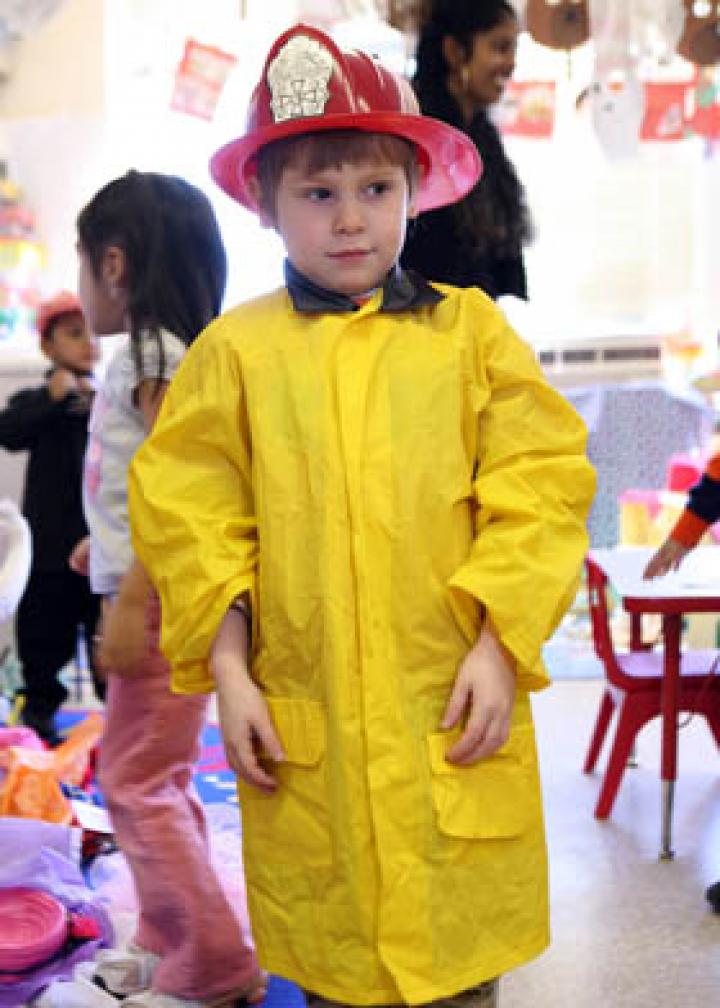Share
By Jed Baker, PhD - Director, Social Skills Training Project
This month, Dr. Jed Baker presents the first of two parts on how to help children with autism manage behavioral issues. Part one presents an explanation of three different types of behavior modification therapy and how they may help your child or loved one.
While no single method of teaching social skills works for every child with autism, evidence shows that many different approaches can be effective. Today, there is a trend toward blending structured modeling and prompting strategies of behavioral approaches with aspects of the relationship-based approaches, which stress the importance of respecting the child’s interests in order to build intrinsic motivation. Some of the major approaches to skills training can be categorized into three types:

• Behavioral Approaches, such as Applied Behavioral Analysis (ABA), focus on altering observable events in the environment in order to increase positive behaviors and decrease undesirable behaviors. For example, an instructor might prompt a student to
greet his peers and then reward the student for doing so.
• Cognitive Behavioral Approaches share some of these assumptions about altering the environment to change behavior, but they extend the notion to consider how a person interprets or perceives what happens in the environment. So a child’s thoughts and perceptions become a primary focus in understanding how he or she will behave. For example, an instructor might explain to a student what others would think and feel if he did not greet his peers.
• Relationship-Based Approaches posit that developing a trusting relationship is a primary factor in influencing the development of new skills. By following the lead of the child and respecting his or her preferences, trust and motivation develop so that learning can occur.
Jed Baker, Ph.D., directs the Social Skills Training Project in Maplewood, N.J. and is a member of the YAI Autism Council. Dr. Baker also works as a consultant in schools across the U.S. and Canada. Dr. Baker is the author of five books on autism, behavior-management and adulthood preparations. This is a modified version of an article which appeared in Autism Advocate, 2010, Vol. 58, No. 1.
